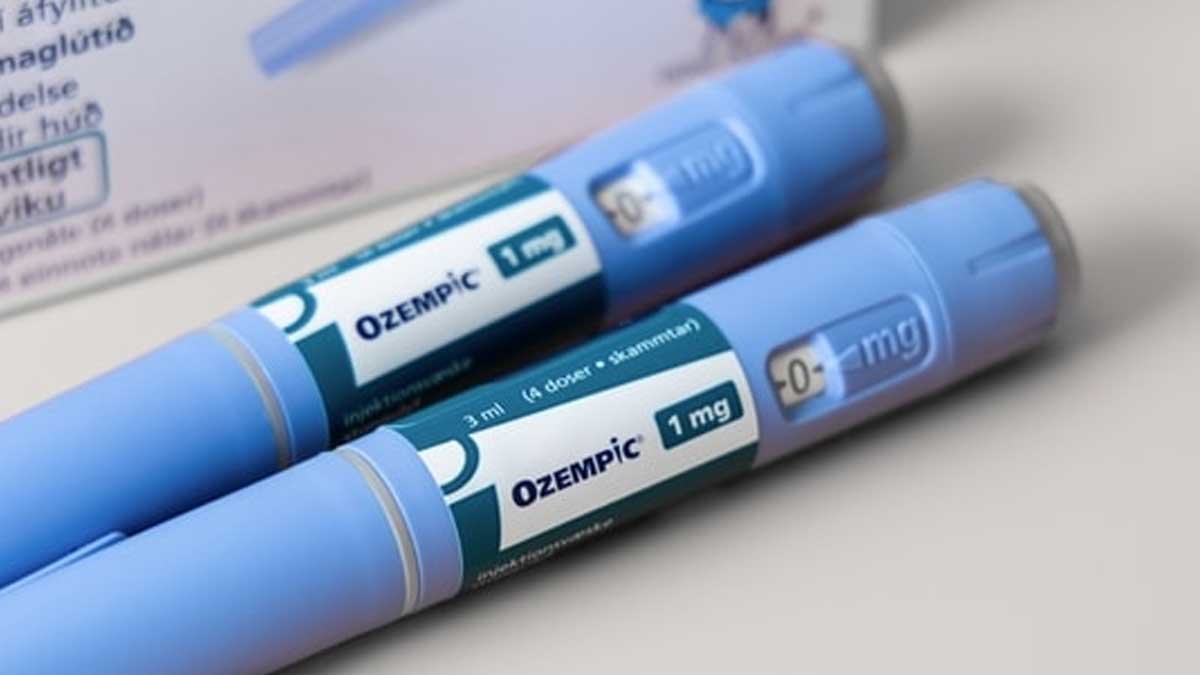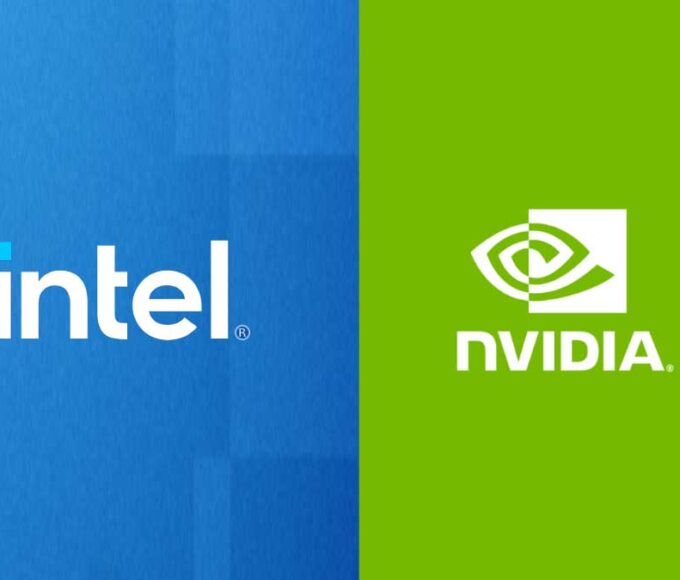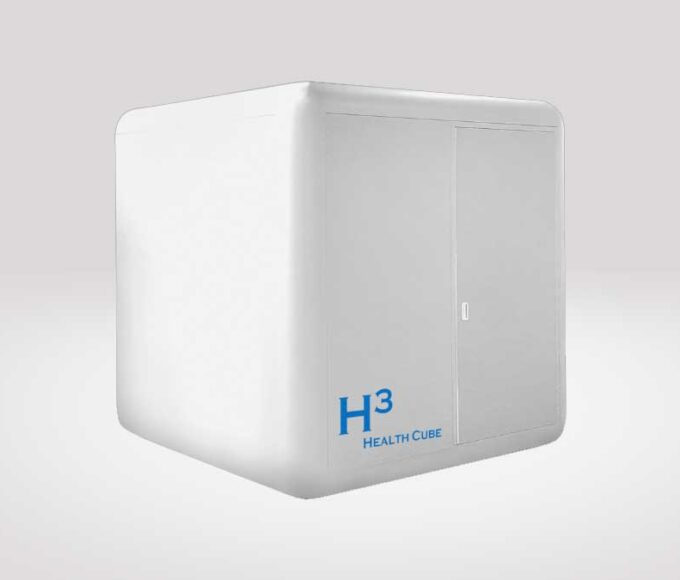- Home
- Billionaires
- Investing Newsletters
- 193CC 1000
- Article Layout 2
- Article Layout 3
- Article Layout 4
- Article Layout 5
- Article Layout 6
- Article Layout 7
- Article Layout 8
- Article Layout 9
- Article Layout 10
- Article Layout 11
- Article Layout 12
- Article Layout 13
- Article Layout 14
- Article Sidebar
- Post Format
- pages
- Archive Layouts
- Post Gallery
- Post Video Background
- Post Review
- Sponsored Post
- Leadership
- Business
- Money
- Small Business
- Innovation
- Shop
Recent Posts
Study Links Ozempic and Wegovy to Rare Blindness Risk

A recent study published in JAMA Ophthalmology suggests that using Ozempic or Wegovy may elevate the risk of a rare form of blindness known as nonarteritic anterior ischemic optic neuropathy (NAION). The research, which analyzed data from nearly 1,700 patients, indicates that the active ingredient in these drugs, semaglutide, could be associated with a heightened risk of NAION, particularly when used for treating obesity or Type 2 diabetes. Novo Nordisk, the manufacturer of these drugs, has criticized the study, claiming it lacks sufficient evidence and methodological rigor.
The study aimed to investigate the potential connection between semaglutide and NAION by comparing patients treated with the drug to those receiving other treatments for Type 2 diabetes or obesity. Researchers found that patients using semaglutide for Type 2 diabetes had a fourfold increased risk of developing NAION, while those using it for obesity faced a sevenfold increased risk. For Type 2 diabetes patients, the study revealed that 8.9% of those on semaglutide developed NAION, compared to just 1.8% in the group using alternative medications. Similarly, among patients using semaglutide for weight loss, the incidence of NAION was 6.7%, whereas those on other treatments had a significantly lower rate of 0.8%.
Novo Nordisk has strongly contested the study’s findings, asserting that the research does not provide adequate evidence to support a causal link between semaglutide and NAION. The company argues that the condition is not recognized as an adverse drug reaction associated with publicly available forms of the drug. Additionally, Novo Nordisk criticized the study’s design, noting that it was not a randomized controlled trial (RCT), which is considered the gold standard for clinical research. RCTs involve randomly assigning participants to different groups to compare outcomes, thereby minimizing bias and improving the reliability of the results.
NAION is a rare form of vision loss that primarily affects older adults. It is characterized by inadequate blood flow to the optic nerve, which can lead to sudden and often permanent vision impairment. According to the American Academy of Ophthalmology, NAION affects approximately 10 in every 100,000 individuals over the age of 50 in the United States. Risk factors for NAION include cardiovascular disease, diabetes, obstructive sleep apnea, and high cholesterol levels.
The potential side effects of Ozempic, Wegovy, and similar medications have been under scrutiny as these drugs gain popularity for managing obesity and Type 2 diabetes. Recent research has highlighted various concerns, including potential reductions in bone mineral density in the hip and spine when these drugs are used without accompanying exercise. This has raised additional concerns about the possibility of muscle loss in patients using GLP-1 receptor agonists for weight management. Regulatory agencies like the Food and Drug Administration (FDA) and European medical authorities have also been investigating the safety profiles of these medications. The FDA has looked into several side effects, including claims of increased suicidal thoughts, hair loss, and digestive issues such as stomach paralysis, pancreatitis, and bowel obstructions. However, the FDA has not found conclusive evidence to support some of these claims.
The debate over the safety of Ozempic and Wegovy underscores the need for further research to thoroughly assess the risks and benefits of these drugs. While the study’s findings raise important questions about the potential for rare but serious side effects, it is crucial to consider the overall context and consult with healthcare professionals to make informed decisions about treatment options. Future studies should aim to address the limitations of the current research, including the need for well-designed randomized controlled trials to better understand the relationship between semaglutide and NAION. In the meantime, patients and healthcare providers should remain vigilant and consider all available information when evaluating the risks and benefits of using semaglutide-based medications for managing obesity and Type 2 diabetes. The ongoing evaluation of these drugs by regulatory authorities and continued research into their safety profiles will be essential in ensuring that patients receive effective and safe treatments for their conditions.
Recent Posts
Categories
- 193cc Digital Assets2
- 5G1
- Aerospace & Defense46
- AI37
- Arts3
- Banking & Insurance11
- Big Data3
- Billionaires445
- Boats & Planes1
- Business328
- Careers13
- Cars & Bikes76
- CEO Network1
- CFO Network17
- CHRO Network1
- CIO Network1
- Cloud10
- CMO Network18
- Commercial Real Estate7
- Consultant1
- Consumer Tech180
- CxO1
- Cybersecurity68
- Dining1
- Diversity, Equity & Inclusion4
- Education7
- Energy8
- Enterprise Tech29
- Events11
- Fintech1
- Food & Drink2
- Franchises1
- Freelance1
- Future Of Work2
- Games141
- GIG1
- Healthcare78
- Hollywood & Entertainment186
- Houses1
- Innovation42
- Investing2
- Investing Newsletters4
- Leadership65
- Lifestyle11
- Manufacturing1
- Markets20
- Media193
- Mobile phone1
- Money13
- Personal Finance2
- Policy567
- Real Estate1
- Research6
- Retail1
- Retirement1
- Small Business1
- SportsMoney33
- Style & Beauty1
- Success Income1
- Taxes2
- Travel10
- Uncategorized8
- Vices1
- Watches & Jewelry2
- world's billionaires414
Related Articles
What Healthcare Can Learn from Nvidia’s Success
The tech industry is undergoing a seismic transformation, with two of its...
By 193cc Agency CouncilDecember 16, 2024Salmonella Triggers Recalls of Costco Eggs and Cucumbers
The recent salmonella outbreak has prompted the recall of two major food...
By 193cc Agency CouncilNovember 30, 2024Bird Flu Found in Raw Milk in California, Recall Issued
California health authorities have confirmed the presence of the bird flu virus...
By 193cc Agency CouncilNovember 25, 2024UniDoc Health Launches Mobile ‘Health Cube’ for Remote Care
UniDoc Health, a Vancouver-based company, is revolutionizing healthcare accessibility with the launch...
By 193cc Agency CouncilNovember 23, 2024















Leave a comment